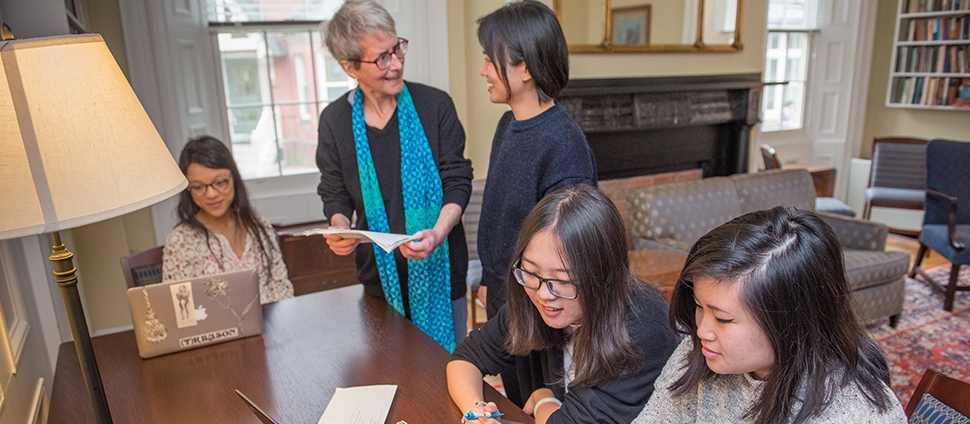Document Type
Article
Publication Date
2017
Publication Title
Psychology of Language and Communication
Abstract
In this paper we make one major point: that Roma children in Europe need to be tested in their mother tongue before school placement. Roma children are in a particularly perilous position with respect to their education. We describe the problematic linguistic situation of Roma children, who are bilingual and often bidialectal, but are frequently evaluated in the language of the state for educational placement, a process that has been shown to significantly compromise their chance of success. We then review the considerable empirical evidence that bilingual children must be evaluated in both languages to give a fair assessment of their knowledge and skills. Furthermore, strength in the mother tongue has demonstrable transfer to skills in the second language. We provide a brief summary of a new assessment for Romani that has been used successfully to evaluate children aged 3 to 6 years, and present the results of a new study using it in Slovakia on 29 children aged 3 to 6 years.
Keywords
Roma children, assessment, Romani, bilinguals
Volume
21
Issue
1
First Page
215
Last Page
243
DOI
10.1515/plc-2017-0011
Creative Commons License

This work is licensed under a Creative Commons Attribution-NonCommercial-No Derivative Works 4.0 International License.
Version
Version of Record
Recommended Citation
Kyuchukov, Hristo; de Villiers, Jill; and Tabori, Andrea Takahesu, "Why Roma Children Need Testing in Romani" (2017). Philosophy: Faculty Publications, Smith College, Northampton, MA.
https://scholarworks.smith.edu/phi_facpubs/28


